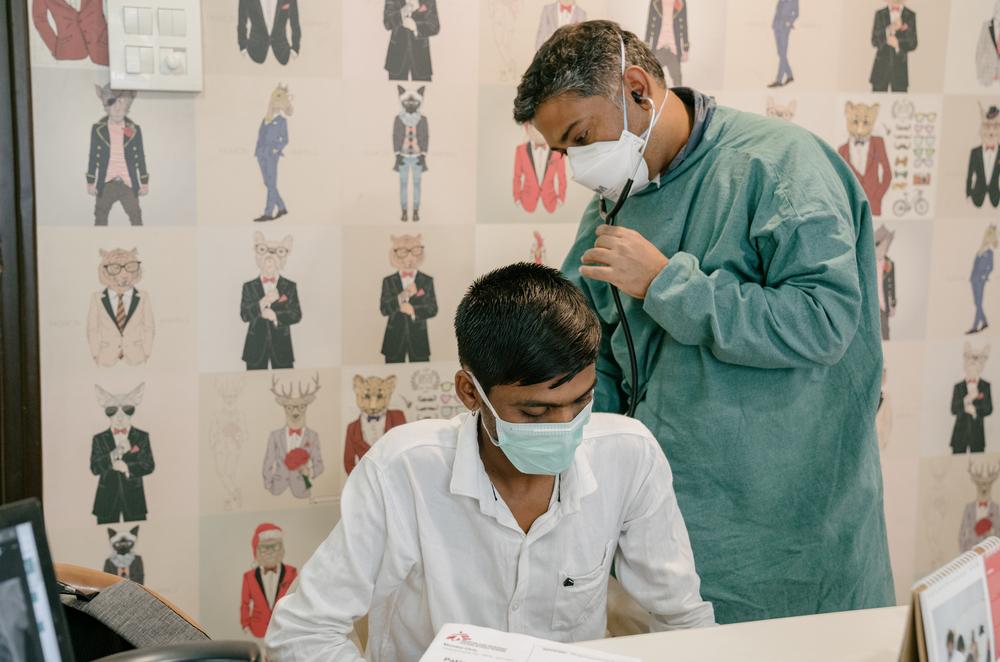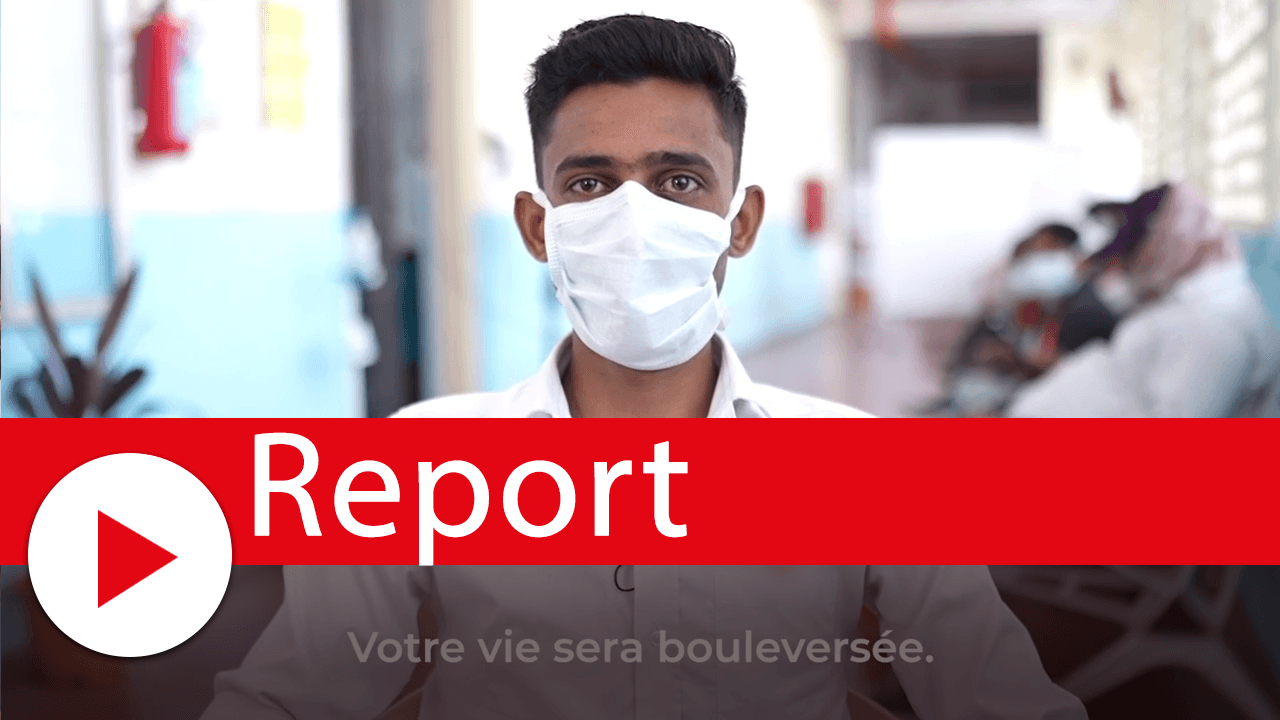
Landmark Clinical Trial Redefines Multidrug-Resistant Tuberculosis Treatment Options
In 1 click, help us spread this information :
Clinical trial results presented for the first time today at the Union World Conference on Lung Health revealed evidence to support the use of four new, improved regimens to treat multi-drug resistant tuberculosis or rifampicin-resistant tuberculosis (MDR/RR-TB). The team—led by Médecins Sans Frontières (MSF), Partners In Health (PIH), and Interactive Research and Development (IRD) and funded by Unitaid—formed the endTB consortium and began this Phase III randomized controlled trial in 2017.
MDR/RR-TB is a disease caused by a TB bacterium that is resistant to rifampicin, one of the most powerful first-line antibiotics, plus/minus resistance to isoniazid. Roughly half a million people fall sick with MDR/RR-TB each year, and many die from it. Though a range of MDR-TB regimens are now in use around the world, many people are still treated with conventional treatments that are long (up to 24 months), ineffective (only 59% treatment success in 2018), and often cause terrible side effects, including acute psychosis and permanent deafness. Patients on these regimens must ingest up to 14,000 pills over the full course of treatment, and some have to endure months of painful, daily injections.

The trial found three new drug regimens that can deliver similar efficacy and safety to conventional treatments while reducing treatment time by up to two-thirds. The endTB regimens represent important alternatives for short MDR-TB treatment and complement the use of another highly effective, shorter MDR-TB regimen, called BPaLM, which is not suitable for certain populations. If recommended by the World Health Organization, these new patient-centered treatment regimens would empower clinicians to offer shortened MDR-TB treatment regardless of age, pregnancy, and comorbidities that are common among people with MDR-TB.
The endTB trial enrolled a diverse group of 754 patients from seven countries (Georgia, India, Kazakhstan, Lesotho, Pakistan, Peru, and South Africa). This included historically excluded populations like adolescents and those with comorbidities like substance-use disorders, and retained participants who became pregnant during the trial. The trial evaluated five nine-month treatment regimens, and randomization was outcome-adapted, meaning more patients were assigned to regimens that were producing better outcomes.
“For far too long, MDR-TB has loomed as a formidable threat with limited, poorly tolerated treatment options, but today, we unveil evidence for multiple innovative all-oral, shortened regimens that will allow patient-centered, individualized treatment of MDR-TB.
This marks a pivotal moment in the fight against a disease that has plagued vulnerable populations worldwide. What makes these results even more remarkable is the diversity, and resulting generalizability, of this Phase III randomized controlled trial,” said Lorenzo Guglielmetti, MD, Médecins Sans Frontières Director for the endTB project and Co-Principal Investigator of the study.
True access to these new treatment options depends on removing all barriers to timely and high-quality care. These trial results could address a major barrier to care for many people and the endTB consortium will continue to advocate to improve access and affordability to quality TB care.
To read more about the clinical trial results, please visit endTB.org.
* The aim of a non-inferiority trial is to demonstrate that the new treatment being tested is no less effective than the existing treatment by a predefined proportion. If this can be established, the new treatment can be considered as a substitute for the existing treatment, especially if it has other advantages that make it preferable (due, for example, to better duration, tolerance or safety).